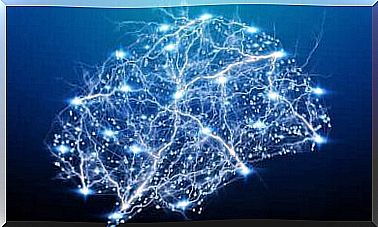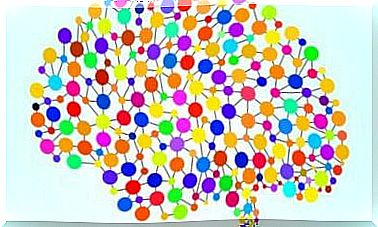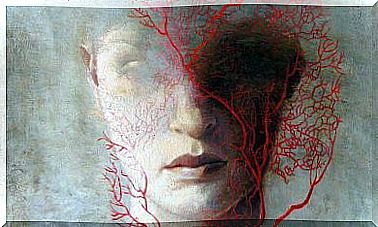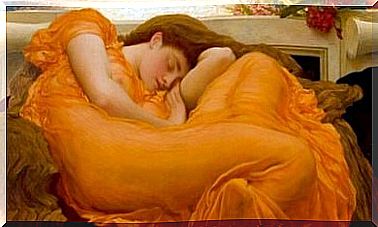Paternity Can Trigger Hormonal Changes
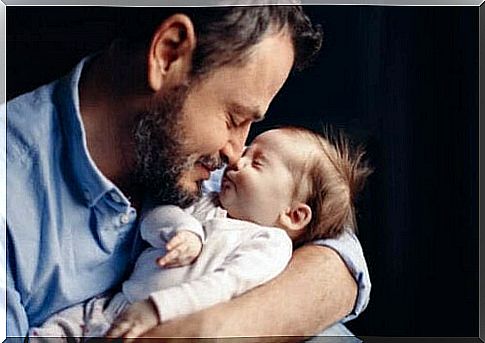
Becoming a father is a very intense experience for many men. In fact, the effects of fatherhood can be so pronounced that some fathers experience a situation similar to that of women when they become mothers. Various studies show that fathers can also go through physiological changes.
The studies found that, on a biological level, men are armed with the necessary tools from birth to enable them to be fathers and enjoy the experience. Hence, the fact that some men are not involved in raising children is more due to cultural factors.
Just as motherhood means different things to different women, men also have diverse experiences with fatherhood . What we know for sure is that nature gives both men and women everything they need in order for parenting to be meaningful and fulfilling.
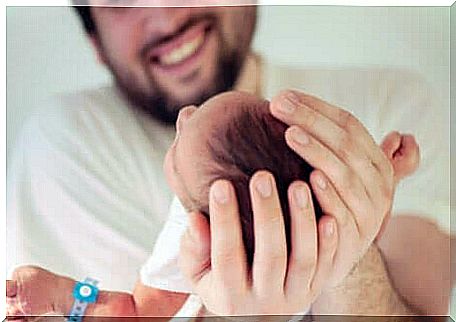
Fatherhood and the hormones
A study conducted by researchers at Emory University and published in the journal Hormones and Behavior looked at the relationship between the experience of becoming a father and hormonal changes. To do this, the scientists recruited a group of volunteers who all had healthy one- or two-year-old children.
The researchers recorded the participants’ brain activity using functional MRI scans. They showed each participant a photo of their own child, a photo of an unknown child and a picture of an unknown adult.
In doing so, the scientists discovered that neuronal activity in the brain increased in areas related to reward and empathy when the participants saw the photos of their own children. This is due to the increased production of oxytocin, the famous “love hormone”. Previous studies have shown the same effect in mothers.
These data confirm the conclusions of a study published in the journal PNAS in 2014 . In addition, it was found that single fathers exhibit brain activity very similar to that of mothers.
Postpartum Depression
Postpartum depression is characterized by feelings of sadness, emptiness, and apathy and many women experience it after giving birth. According to some estimates, it affects up to 30% of mothers. For some women, this experience is so intense that postpartum depression is often mistaken for psychosis.
But a study by Dr. Craig Garfield, published in the medical journal Pediatrics , shows another side of this situation. The study found that a significant number of fathers also had symptoms of postpartum depression. The researchers concluded that the symptoms were more noticeable in the men who did not spend time with their children.
According to the data, these symptoms appear in up to 10% of men who become fathers for the first time. In addition, the equivalent of postpartum depression was shown to occur between the third and sixth months of the baby’s life. In mothers, on the other hand, symptoms begin shortly after delivery.
According to the Canadian psychologist Francine de Montigny, who is also an expert on the subject, one in 10 men experiences postpartum depression. She believes that the triggers for these symptoms are fear of failure as a father and competition for the mother’s love and affection.
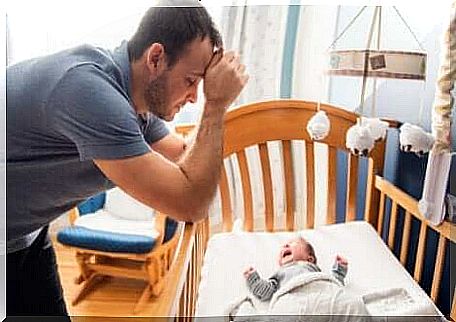
Fatherhood today
In strictly patriarchal societies, paternity is devalued. Because in these societies the father role is more about taking responsibility for the child and less about emotions. However, a great change has taken place in recent years, as more and more fathers are getting very involved in the upbringing and raising of their children. They have provided evidence that you can achieve equilibrium.
The studies mentioned above confirm these ideas. In fact, they show that the experience of fatherhood brings about positive hormonal changes. The increase in oxytocin mentioned in the first study implies a mood very close to happiness.
The factors that lead to postpartum depression mentioned in the second study are more psychological than physiological. What we know for sure is that they exist and are often ignored.
Fatherhood can be wonderful. Taking full responsibility and fully engaging in your fatherhood can improve your wellbeing. However, the data also shows that men too need support and understanding to fully enjoy this wonderful experience.



